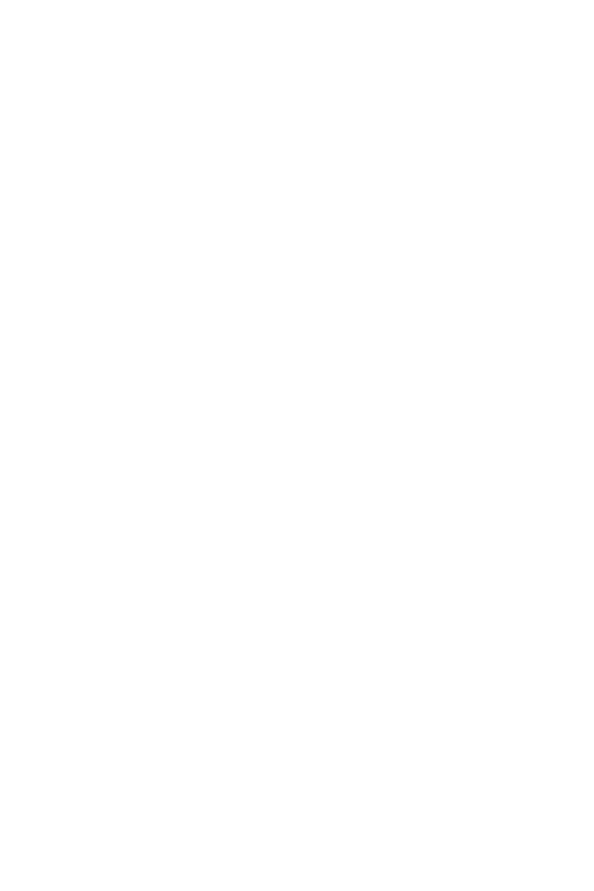
Detective Bureau Report, Oct. 17, 2001 (case no. 20018437). According to Ramzi Binalshibh, had KSM known
that Moussaoui had been arrested, he would have canceled the 9/11 attacks. Intelligence report, interrogation of
Ramzi Binalshibh, Feb. 14, 2003. The publicity regarding Mihdhar and Hazmi might have had a similar effect
because they could have been identified by the airlines and might have jeopardized the operation.
87. FBI electronic communication, Phoenix memo, July 10, 2001.
88. Ibid.; Joint Inquiry report, pp. 325335; DOJ IG 9/11 Report, July 2, 2004, pp. 59106.
89. DOJ Inspector General interview of Kenneth Williams, July 22, 2003.
90. Unlike Moussaoui, the typical student at Pan Am Flight Academy holds an FAA Airline Transport Pilot rat-
out for several other reasons. He had paid nearly $9,000 in cash for the training, yet had no explanation for the
source of these funds; he had asked to fly a simulated flight from London's Heathrow Airport to New York's John
F. Kennedy Airport; and he was also particularly interested in the operation of the aircraft doors. FBI electronic
communication, Request OIPR permission to contact U.S.Attorney's Office regarding Zacarias Moussaoui,Aug.
18, 2001. For a detailed, step-by-step chronology of activities taken regarding Moussaoui prior to September 11,
see DOJ IG 9/11 Report, July 2, 2004, pp. 109197.
94. Criminal search warrants must be approved by Department of Justice attorneys before submission to the
rant could be obtained. DOJ Inspector General interview of Coleen Rowley, July 16, 2002. Another agent, how-
ever, said that he spoke to an Assistant U.S. Attorney in the Minneapolis office and received advice that the facts
were almost sufficient to obtain a criminal warrant. DOJ Inspector General interview of Greg J., July 9, 2002.The
Assistant United States Attorney said that if the FBI had asked for a criminal warrant that first night, he would have
sought it. He believed that there was sufficient probable cause for a criminal warrant at that time. DOJ Inspector
General interview of William K., May 29, 2003. Mary Jo White, the former U.S. Attorney for the Southern Dis-
trict of New York, told us that based on her review of the evidence known pre-9/11, she would have approved a
criminal search warrant. Mary Jo White interview (May 17, 2004). Because the agents never presented the infor-
mation to the Minneapolis U.S.Attorney's Office before 9/11, we cannot know for sure what its judgment would
have been or whether a judge would have signed the warrant. In any event, the Minneapolis agents were concerned
that if they tried to first obtain a criminal warrant but the U.S. Attorney's Office or the judge refused, the FISA
Court might reject an application for a FISA warrant on the grounds that the agents were attempting to make an
end run around the criminal process.Therefore, it was judged too risky to seek a criminal warrant unless it was cer-
tain that it would be approved. DOJ Inspector General interview of Greg J., July 9, 2002. In addition, FBI head-
quarters specifically instructed Minneapolis that it could not open a criminal investigation. DOJ IG 9/11 Report,
July 2, 2004, p. 138. Finally, the Minneapolis Field Office mistakenly believed that the 1995 Attorney General pro-
cedures required OIPR's approval before it could contact the U.S. Attorney's Office about obtaining a criminal
warrant.
FBI email, Harry S. to Chuck F.,"Re: Fwd: 199M-MP-60130 (Zacarias Moussaoui)," Aug. 24, 2001.
2001; Joseph H., interview (May 4, 2004); FBI letterhead memorandum, Zacarias Moussaoui, Sept. 5, 2001.
100. DOJ Inspector General interview of Greg J., July 9, 2002.
101. Minneapolis may have been more concerned about Moussaoui's intentions because the case agent and
saoui's actions and comments regarding flying. DOJ Inspector General interview of Greg J., July 9, 2002; DOJ
Inspector General interview of Harry S., June 20, 2002.